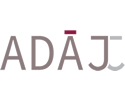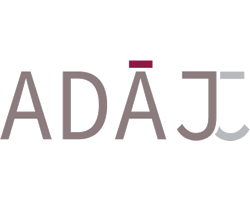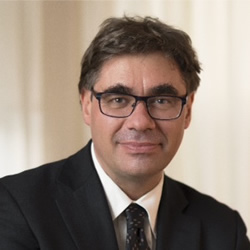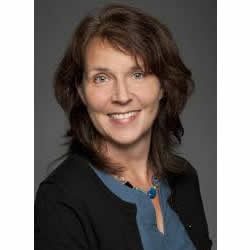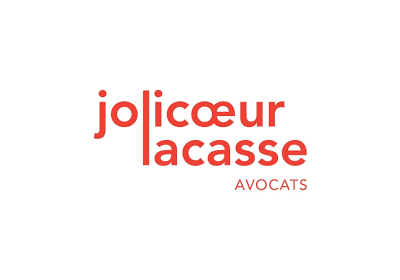
One of the main difficulties encountered today in terms of access to law and justice lies in the inability of individuals to benefit from the services of a professional when they need it. While companies and public institutions occupy most of the time of the courts, more and more citizens are coming to court alone. Yet studies on the subject show that 90% of citizens would prefer to be represented by a practitioner. The question of professional service costs is the main reason cited by citizens for their belief that the legal service is inaccessible. All these data show that the terms of access to the professional service are at odds with the social demand. The remuneration based on the hourly rate puts in potential opposition the interest of the customers (to see their situation supported at a predictable rate) with that of their professional (often forced to work a minimum number of billable hours each year). The Law Society has highlighted the limitations of hourly pricing and the possibility of alternative modes of remuneration, but no empirical study currently validates the functionality of these new business models that presumably presume new models of practice. The project will draw on the expertise of practitioners involved in day-to-day practice of law and university researchers from several disciplines (sociologists of organizations, management specialists, accountants, economists and lawyers) to establish models of practices likely ensure a future for legal practice and true access to professional service for middle-income households.
